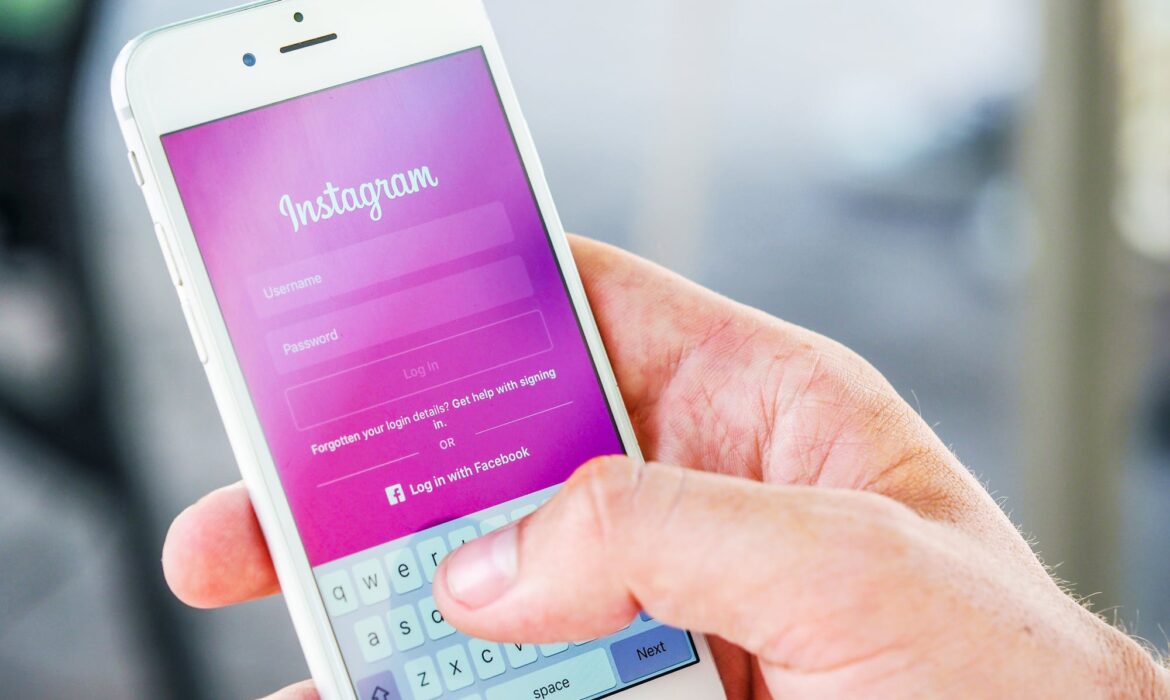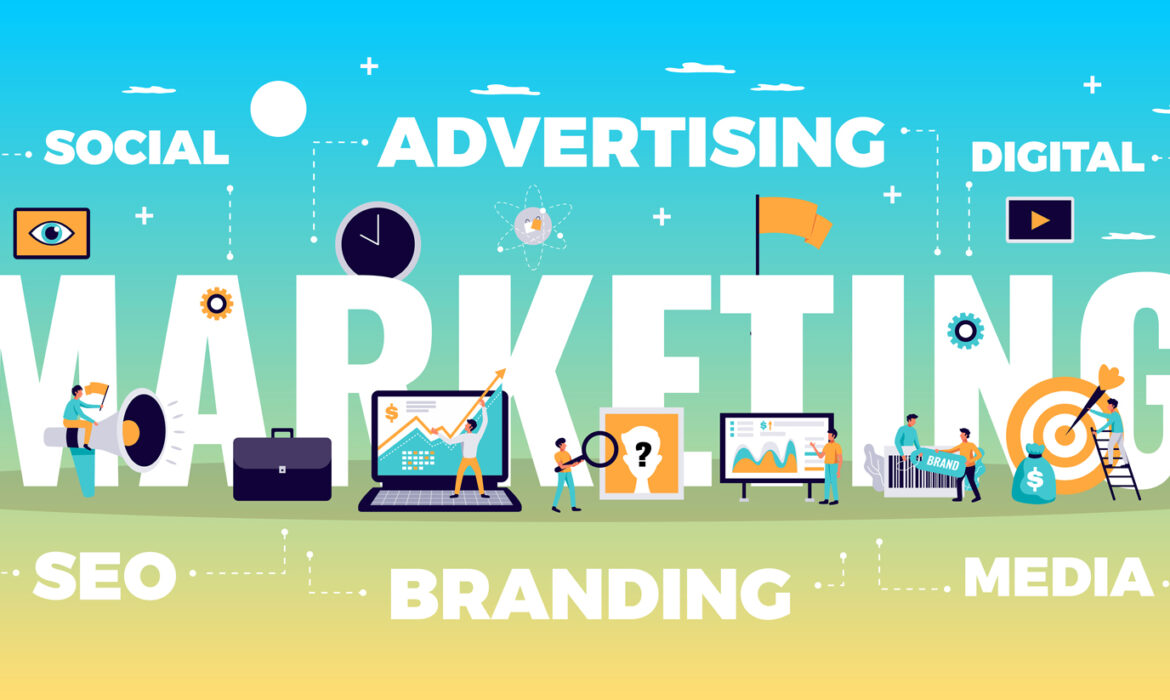The importance of presence on the internet
The year 2020 taught many that the digital age is a very important means of communication when doing business…, The COVID-19 pandemic forced companies to migrate to the internet…, companies that already had their businesses online took advantage and were the ones who increased their sales, some tripled or quadrupled their profits just by taking into account having a website, integrating digital payment methods to offer the customer more options to make the purchase etc
The internet advanced practically 10 years in 2020 because there was no option…, closed businesses, the few open businesses were limited to having people inside their premises and that made companies that did NOT want or did NOT trust the internet go to the bankruptcy. Tell me who doesn’t know Google? Yahoo? Or some online search engine… Well, I ask you to do a simple exercise… go to google.com and in the space bar write the name of your company, otherwise you are in serious trouble and I can assure you that if not you will join You are going to go broke on the internet.
Therefore, the internet is one of the cheapest methods and the one that generates many more profits if you have a team of people with whom you can work to manage social networks, integrate payment methods into your website, etc., so I encourage you to integrate your online business as quickly as possible and thus have the option of making many more sales and at the same time have that presence on the internet.
Social networks !
Nowadays social networks like Facebook, Instagram, Twitter and a couple of others are a vital part of digital businesses, can you ask me why? And let me tell you…, a good percentage of mobile device users have installed social networks with which they interact most of their day…
Therefore, social networks have become an important part of doing business, which is why many companies have already begun to migrate their businesses digitally, partly using social networks so that more users can interact and learn through paid ads. the
Digital Marketing
Any marketing that uses electronic devices that can be used by marketers to convey promotional messages and measure their impact throughout the customer journey. In practice, digital marketing generally refers to marketing campaigns that appear on a computer, phone, tablet, or other device. It can take many forms, including online videos, display ads, search engine marketing, paid social ads, and social media posts. Digital marketing is often compared to “traditional marketing,” such as magazine ads, billboards, and direct mail. Interestingly, television is often grouped with traditional marketing.
Did you know that more than 3-quarters of Americans go online every day? Not only that, but 43% log in more than once a day and 26% are online “almost constantly.”
These figures are even higher among mobile Internet users. 89% of Americans connect to the Internet at least daily and 31% do so almost constantly. As a marketer, it is important to take advantage of the digital world with an online advertising presence, building a brand, providing a great customer experience that also attracts more potential customers and more, with a digital strategy.
what is the digital marketing? Digital marketing, also called online marketing, is the creation of brands to connect with implied guests through the Internet and other forms of digital communication. This includes not only dispatch, social media and web-based advertising, but also textbook dispatch and multimedia as a marketing channel.
Basically, if a marketing crusade involves digital communication, it is digital marketing.
Inbound Marketing vs. Digital Marketing Digital marketing and inbound marketing are easily confused, and for good reason. Digital marketing uses many of the same tools as inbound marketing: online content and distribution, to name many. Both live to capture the attention of prospects throughout the buyer’s journey and convert them into guests. But the 2 approaches take different views of the relationship between the tool and the thing.
Digital marketing considers how each individual tool can convert leads. A brand’s digital marketing strategy can use multiple platforms or concentrate all its sweat on a single platform.
Inbound Marketing is a holistic concept. Consider the thing first, you also analyze the tools available to determine which ones will effectively reach your target guests and also what stage of the offering funnel you should be at.
The most important thing to remember about digital marketing and inbound marketing is that, as a marketer, you don’t have to choose between the 2. In fact, they work together in style. Inbound marketing provides structure and purpose for effective digital marketing for digital marketing sweats, making sure each digital marketing channel works to achieve something.
B2B vs. B2C Digital Marketing Digital marketing works for both B2B and B2C companies, but style practices differ significantly between the 2.
B2B invitees tend to have longer decision-making processes and therefore longer deal pipelines. Relationship structure strategies work best for these guests, while B2C guests tend to respond more to short-term offers and shipments. B2B deals are typically based on sense and justification, which is what B2B digital marketers present. B2C content is more likely to be emotionally based and focused on making the customer feel good about a purchase. B2B reviews tend to require more than just 1 person’s input. The marketing props that stylishly drive these opinions tend to be shareable and downloadable. B2C guests, on the other hand, favor one-on-one connections with a brand. Of course, there are exceptions to every rule. A B2C company with a high-priced product, like a car or computer, might offer more serious, instructional content. Your strategy should always be oriented towards your own customer base, whether you are B2B or B2C.
types of digital marketing There are as many specializations within digital marketing as there are ways to interact using digital media. Then there are many crucial examples.
Search Machine Optimization Search machine optimization, or SEO, is technically a marketing tool rather than a form of marketing itself. The Balance defines it as “the art and wisdom of making web brokers seductive hunting machines.”
The “art and wisdom” part of SEO is the most important. SEO is wisdom because it requires you to research and weigh different contributing factors to achieve the highest ranking possible. Moment, the most important rudiments to consider when optimizing a web broker include . Content Quality Stoner Engagement Position Mobile Benevolence Number and Quality of Inbound Links Strategic use of these factors makes SEO a wisdom, but the unpredictability involved makes it an art.
In SEO, there is no quantifiable rubric or harmonious rule for ranking to a large extent. Google changes its algorithm almost constantly, making it impossible to make accurate predictions. What you can do is almost cover your runner’s performance and make adaptations accordingly.
content marketing SEO is an important factor in content marketing, a strategy based on the distribution of valuable and applicable content to a target number of followers.
As in any marketing strategy, the objective of content marketing is to attract leads that eventually become guests. But it does it differently than traditional advertising. Instead of soliciting leads with implied value from a product or service, offer value for free in the form of written material.
Content marketing is important, and there are plenty of statistics to prove it. 84% of consumers anticipate that companies will produce fun and useful content gestures. 62 of companies that have at least workers produce daytime content .92 of marketers believe their company values content as an important asset As effective as content marketing is, it can be complicated. Content marketing pens must be suitable to rank highly in search machine results while attracting people who
Profitability Digital marketing not only reaches a larger number of followers than traditional marketing, but it also has a lower cost. Exit costs for review ads, television ads, and other traditional marketing openings can be high. They also give you less control over whether your target cult will see those dispatches in the first place.
With digital marketing, you can produce just 1 piece of content that attracts callers to your blog while it is active. You can produce a dispatch marketing crusade that delivers dispatches to target customer lists on a schedule, and it’s easy to change that schedule or the content if necessary.
When you add it all up, digital marketing gives you much more flexibility and customer contact for your ad spend.
Measurable Results To know if your marketing strategy is working, you need to find out how many guests you attract and how significant the profit you ultimately generate is. But how do you do that with a non-digital marketing strategy?
There is always the traditional option of asking each customer, “How did you find us?” .Unfortunately, that does not work with all diligence. Many companies fail to have one-on-one exchanges with their guests, and checks do not always get complete results.
With digital marketing, tracking results is easy. Digital marketing software and platforms automatically track the number of requested conversions you get, whether that means clearance rates, visits to your home runner, or direct purchases. Easier Personalization Digital marketing allows you to collect customer data in a way that offline selling cannot. Data collected digitally tends to be much more precise and specific.
Imagine that you offer tax services and you want to launch special offers to people who have seen your products. You know that you will get better results if you direct the offer to the person’s interest, so you decide to prepare 2 monsters. One is for young families who have looked at their life insurance products and the other is for millennial entrepreneurs who have considered their retirement plans.
How do you collect all that data without automatic shadowing? How many phone records would I have to review? How many customer biographies? And how do you know who has or has not read the folder you transferred?
With digital marketing, all this information was once at your fingertips.
Greater connection with guests Digital marketing allows you to communicate with your guests in real time. More importantly, it allows them to communicate with you. Let’s assume about your social media strategy. It’s great when your target followers see your latest post, but it’s actually better when they notice or share it. It means more buzz about your product or service, as well as greater visibility every time someone joins the discussion.
Interactivity also benefits your guests. Their position of engagement increases as they become active players in your brand’s story. That feeling of power can produce a strong sense of brand loyalty. Easy and accessible transformations Digital marketing allows your guests to act immediately after seeing your ad or content. With traditional ads, the most immediate result you can expect is a phone call shortly after someone sees your ad. But how often does someone have time to communicate with a company while doing the dishes, reducing the footprint, or streamlining records at work? . With digital marketing, they can click a link or save a blog post and move down the deal funnel. They may not make a purchase incontinently, but they will stay connected with you and give you the opportunity to interact with them more.
Digital Marketing Drives Growth Digital marketing should be one of the primary focuses of almost any company’s overall marketing strategy. Until now there has been a way to stay in similar harmonious contact with your guests, and nothing else offers the position of personalization that digital data can provide. The more you embrace the possibilities of digital marketing, the better able you will be to realize the eventual growth of your company.






